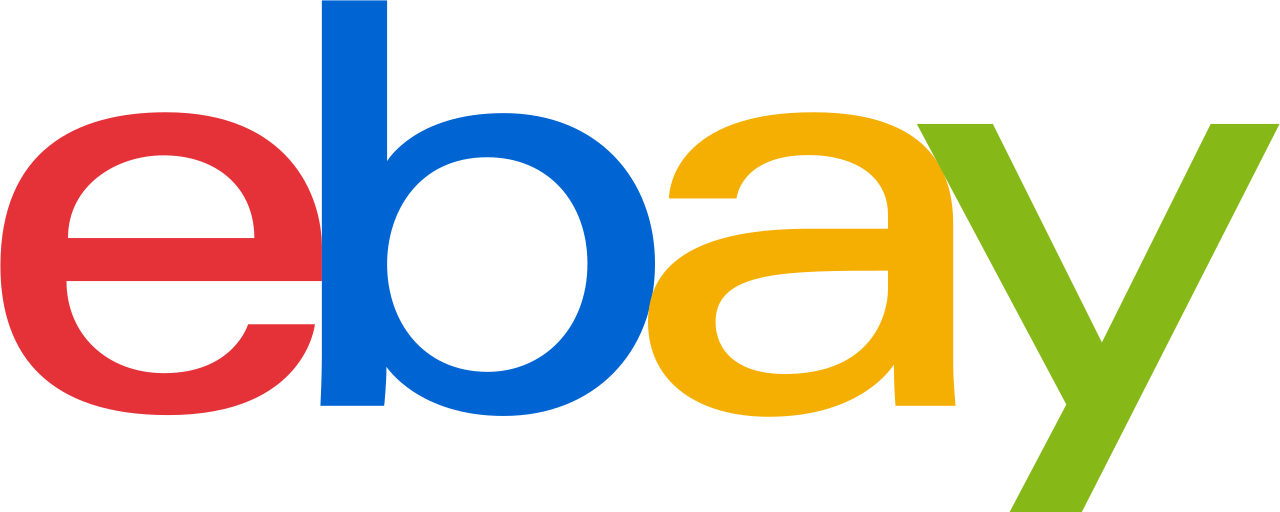The ecommerce industry is booming, with worldwide sales projected to reach $7.4 trillion by 2025. For anyone looking to earn online income, setting up an ecommerce store should be at the top of your list.
But with so many ecommerce platforms to choose from, how do you know which one is right for your business?
In this post, we’ll compare the 5 best platforms for selling products online in 2024 based on features, ease of use, fees and commissions, integrations, and more. By the end, you’ll have all the information you need to select the right ecommerce solution to launch and grow your online store.
#1 Shopify – Best All-In-One E-commerce Platform

Shopify is our top recommendation for most online sellers, offering an all-in-one solution to build and manage an ecommerce store. Trusted by over 1 million businesses, Shopify makes it easy to get started selling.
Key Features
- Easy store setup – Choose a theme, customize your design, and add products in just a few clicks. No coding or design experience required.
- Robust commerce features – Shopify offers a full featured store management system including payments, shipping, taxes, and reporting.
- Sell across channels – In addition to your Shopify store, you can sell through online channels like Facebook and Instagram. Also on brick-and-mortar points of sale.
- App integrations – Shopify offers thousands of apps to extend the functionality of your store like email marketing and accounting.
- Top-rated support – Shopify offers 24/7 customer support via live chat, email, or phone.
Fees and Commissions
Shopify offers a free 14 day trial. Paid plans start at:
- Basic Shopify plan – $29/month
- Shopify plan – $79/month
- Additional transaction fees apply when selling through channels like Facebook.
Best For
Shopify is ideal for small to midsize businesses selling any type of physical or digital product. The combination of ease of use with powerful features makes Shopify our top overall recommendation.
#2 Etsy – Best Marketplace for Handmade and Vintage Goods
Focused on handmade, vintage, and craft products, Etsy provides an ideal marketplace to sell your unique items to a global audience estimated at 60 million shoppers.

Key Features
- Targeted marketplace – Reach specialty buyers looking specifically for one-of-a-kind handmade items that may not be found elsewhere.
- Seller profile – Create an Etsy seller profile to showcase details about you and your items in your online storefront.
- Etsy mobile app – Manage your Etsy shop and orders on the go via the mobile app.
- Etsy ad services – Use Etsy’s on-site advertising platform to promote your shop and items.
- Pattern marketplace – Sellers can also offer printable sewing, knitting, and crochet patterns in digital downloadable format.
Fees and Commissions
Etsy charges the following seller fees:
- $0.20 listing fee per item
- 5% transaction fee on item price
- Payment processing fees from 2.5% – 3.5%
Best For
Artists, crafters, vintage sellers, and creators of handmade items will benefit most from Etsy’s targeted market of specialty buyers.
#3 Amazon – Largest Ecommerce Marketplace
With over 12 million products and 200 million customers, Amazon is by far the largest ecommerce marketplace today. Leverage Amazon’s massive reach by becoming a seller.

Key Features
- Prime and Fulfilled by Amazon – Reach Amazon’s most loyal customers by qualifying for Prime and FBA programs. Amazon handles shipping and returns.
- Massive product reach – List your products for free to put them in front of millions of buyers already shopping Amazon for everything imaginable.
- Amazon brand lift – The Amazon brand and website draw unparalleled consumer trust in buying sight-unseen.
- Advertising options – Promote your listings using Amazon’s pay-per-click advertising platform.
- Amazon Associates – Earn referral fees when sending customers to purchase items on Amazon.
Fees and Commissions
Selling fees include:
- $0.99 per item sold fee
- Referral fees from 8% to 15% on each product sold
- Fees for optional programs like FBA
Best For
Amazon is ideal for established businesses ready to expand their reach to Amazon’s loyal customer base. Using FBA can help new sellers fulfill orders with ease.
#4 eBay – Largest Auction Marketplace
Connecting buyers and sellers of new and used items for over 25 years, eBay makes it easy to auction off your items through the world’s largest auction marketplace.

Key Features
- eBay buyer trust – eBay’s long history brings trusted buyers willing to bid and buy through auction listings.
- Low selling fees – Basic listings start at just $0.35 with low final value commissions.
- eBay Deals – Run limited quantity discount deal listings to spur sales.
- eBay Valet – For high end items, let eBay list and ship the product for you – for a fee.
- eBay Auction Tools – Maximize bids with tools designed specifically for eBay auctions.
Fees and Commissions
In addition to listing fees, eBay charges:
- Up to 10% final value fee on sold items
- Optional promoted listing fees
- PayPal seller transaction fees
Best For
eBay continues to be the go-to marketplace for one-of-a-kind goods that aren’t readily available at mass retailers. The auction model thrives for rare collectibles, vintage items, and quirky products.
#5 Facebook Shops – Best for Selling via Social Media
With over 2 billion monthly active users, Facebook provides sellers an unparalleled opportunity to market products directly via social media channels like Facebook and Instagram.

Key Features
- Free online storefront – Easily create a free Facebook Shop profile page to showcase your items.
- Sell on Instagram – Enable checkout on Instagram to let customers purchase your products without leaving the app.
- Facebook & Instagram ads – Create targeted social media ads to promote your products on Facebook and Instagram.
- Facebook live selling – Livestream video to showcase your products in realtime and interact with customers.
- Facebook Pixel – Install the Facebook Pixel on your website to track conversions from Facebook and Instagram promotions.
Fees and Commissions
Facebook Shops is free to set up. Selling fees include:
- 5% fee for purchases made on Facebook/Instagram
- Standard credit card processing fees per transaction
- Fees for advertising and Facebook Pixel
Best For
Selling via social channels is ideal for brands focused on reaching younger demographics who constantly use Facebook and Instagram.
The Bottom Line
Selling online provides access to billions of customers globally. But choosing the right platform is crucial in finding success.
As you evaluate the many options available today, focus on choosing a platform that best fits your product type, target audience, budget, and ecommerce business goals.
By leveraging the massive reach of sites like Amazon and Facebook while catering to specialized marketplaces like Etsy and eBay, entrepreneurs and small businesses now have more power than ever before to turn their ideas into thriving ecommerce ventures.
